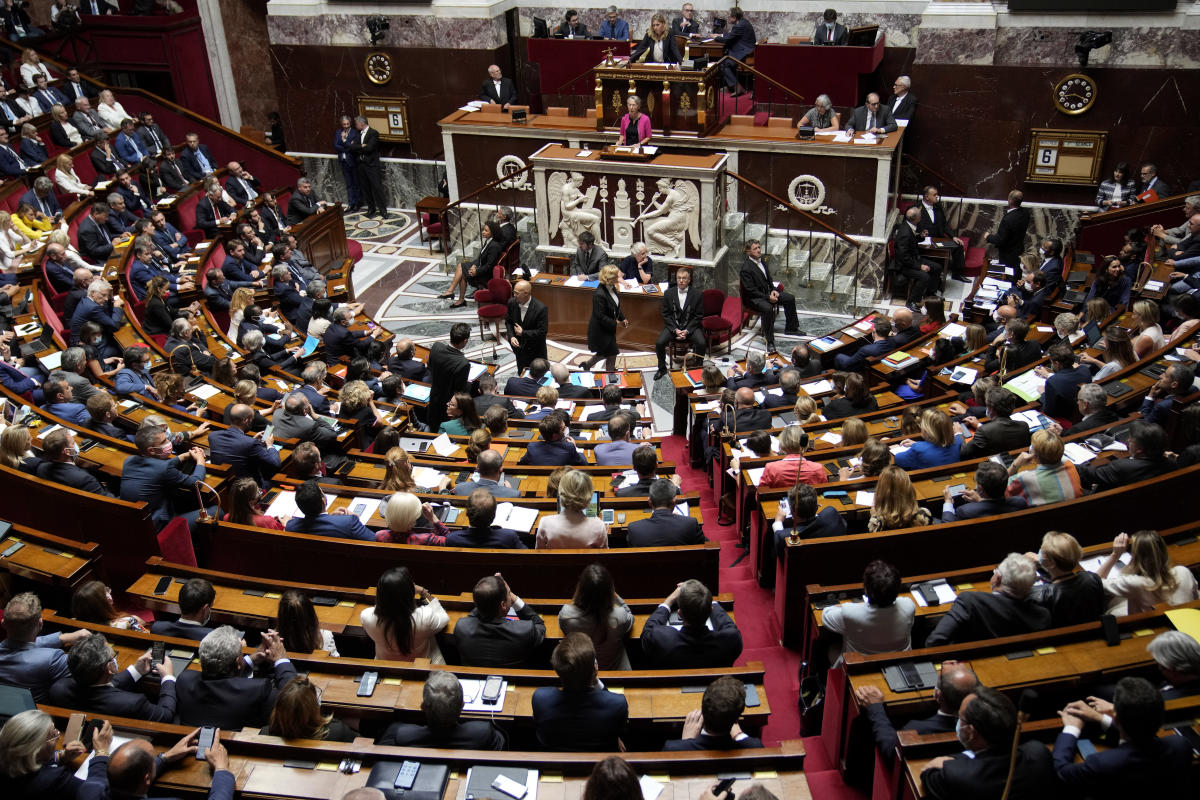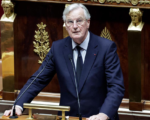France’s fragile government, led by newly appointed Prime Minister Michel Barnier, is preparing to present its 2025 budget amidst mounting fiscal and political challenges. The upcoming budget is widely viewed as an “austerity” plan, designed to tackle the country’s fiscal crisis through tax increases and spending cuts. These measures are expected to ignite further tension among opposition parties on both the left and right, as well as among centrist supporters who initially helped Barnier rise to power.
In an address to the National Assembly on October 1, Barnier hinted at the tough road ahead. He outlined plans for higher taxes on large corporations and deep spending cuts, including a six-month delay in pension indexation. These moves are part of a broader strategy to slash the national deficit by €60 billion ($65.9 billion) in 2025, aiming to lower the deficit to 5% of GDP, down from 6.1% this year.
The budget, to be introduced by Finance Minister Antoine Armand, will include €40 billion in cuts to central and local government spending, and €20 billion from higher taxes on wealthier individuals and large businesses. France’s excessive deficit has already drawn scrutiny from the European Commission, and the country remains under pressure to meet the EU’s 3% deficit-to-GDP target by 2027.
Barnier’s government, only recently formed after months of political turmoil, faces substantial internal and external threats. His appointment followed a divisive snap election, where the far-right National Rally (RN) and left-wing New Front Populaire (NFP) secured significant victories in the first and second rounds of voting, respectively. After much political wrangling, President Emmanuel Macron chose Barnier, a conservative, as prime minister, sparking outrage from left-wing parties who accused Macron of stealing the election from them.
The political landscape remains volatile. The left-wing alliance recently filed a no-confidence motion against Barnier, though it failed to pass. Meanwhile, the National Rally has adopted a “wait-and-see” stance, closely watching Barnier’s every move. Marine Le Pen, leader of the far-right party, has warned that Barnier is “under surveillance.”
Critics argue that the proposed austerity measures could further strain France’s economic recovery. Andrew Kenningham, chief Europe economist at Capital Economics, compared the budget’s fiscal tightening to austerity measures seen during the eurozone crisis. He noted that France’s GDP growth forecast of 1.1% may be overly optimistic given the scale of proposed budget cuts.
Political analyst Carsten Nickel of Teneo risk consultancy warned that Barnier’s government could struggle to secure enough support for the budget. He suggested that Barnier might resort to Article 49.3 of the constitution, allowing the budget to pass without a vote unless the National Assembly files another no-confidence motion. Macron previously used this tool to push through controversial pension reforms, but the government’s position is now more precarious.
Marine Le Pen, with her eye on the 2027 presidential race, may avoid aligning with efforts to bring down the government if it risks being associated with political instability. Meanwhile, the left-wing bloc faces its own dilemma, as cooperating with Le Pen to topple Barnier would be seen as contradicting their mission to defend the republic from the far-right.
As France braces for its first true austerity budget in years, the question remains whether Barnier can maintain the delicate balance between economic recovery and political survival in an increasingly fractured government.


















